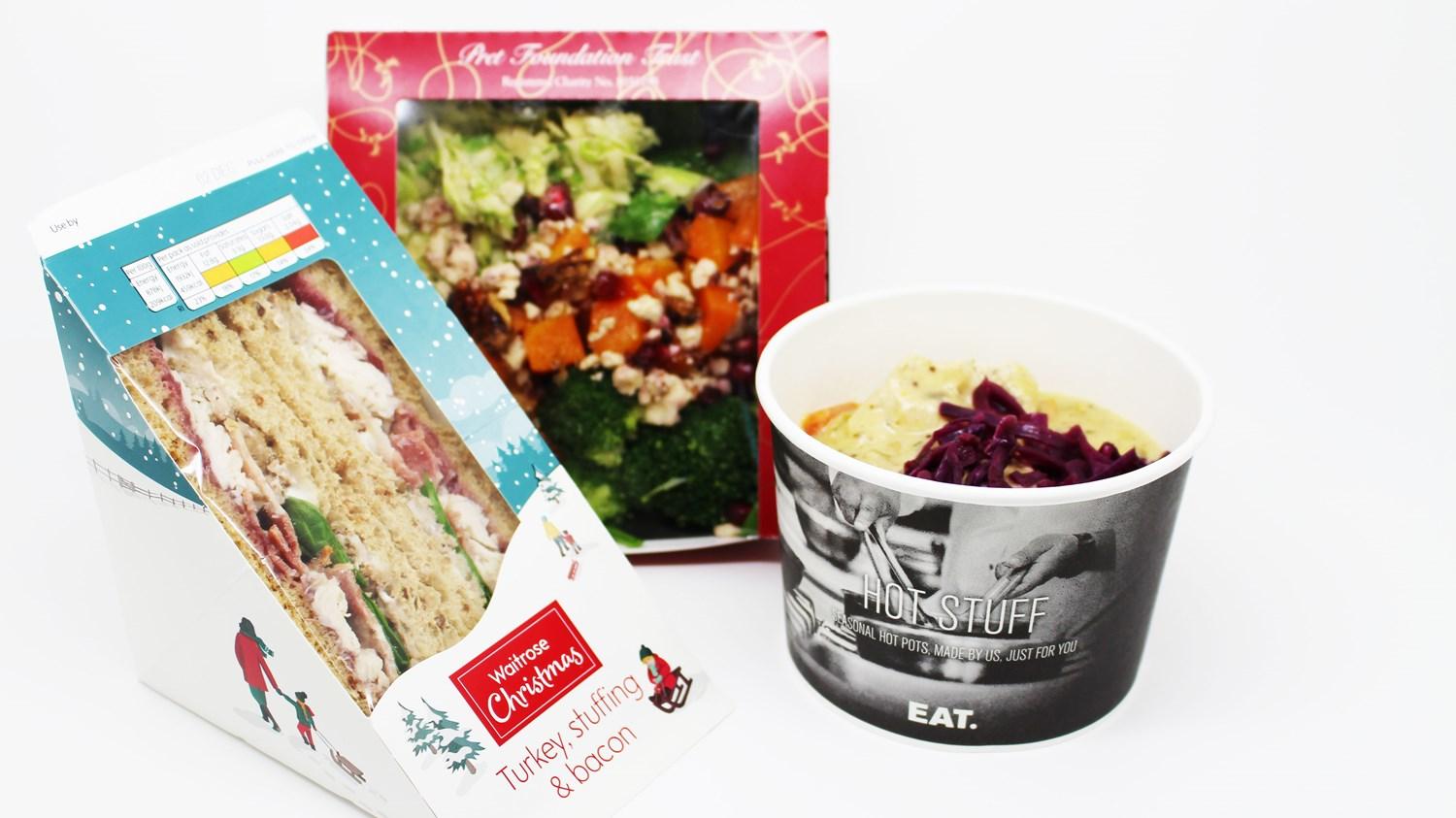The content on Patient is peer reviewed by our clinical content team, following the NHS Standard for Creating Health Content.

Rose Constantine Smith, ANutr
Nutritionist
BSc (Hons), ANutr
Rose has authored for several publications including The Healthy Food Guide and is a Nutrition and Wellbeing Manager for The Good Eating Co.
She qualified with a degree in Human Nutrition from the University of Surrey in 2015. She has experience promoting nutritional health and weight management programmes to young people and their families who have a BMI over the 91st centile. She also worked as part of a close team at LiveWell and also with wider groups such as school nurses and support workers to meet the needs of clients in both 1:2:1 and group settings.
Rose’s web presence
Recently contributed to:
These days supermarkets are bursting with an overwhelming variety of packaged food and drinks to suit all dietary wants and needs. But it's not just choice that has increased - there's now more nutritional information on food packaging than ever. The question is, is this info actually helping us make healthier choices?
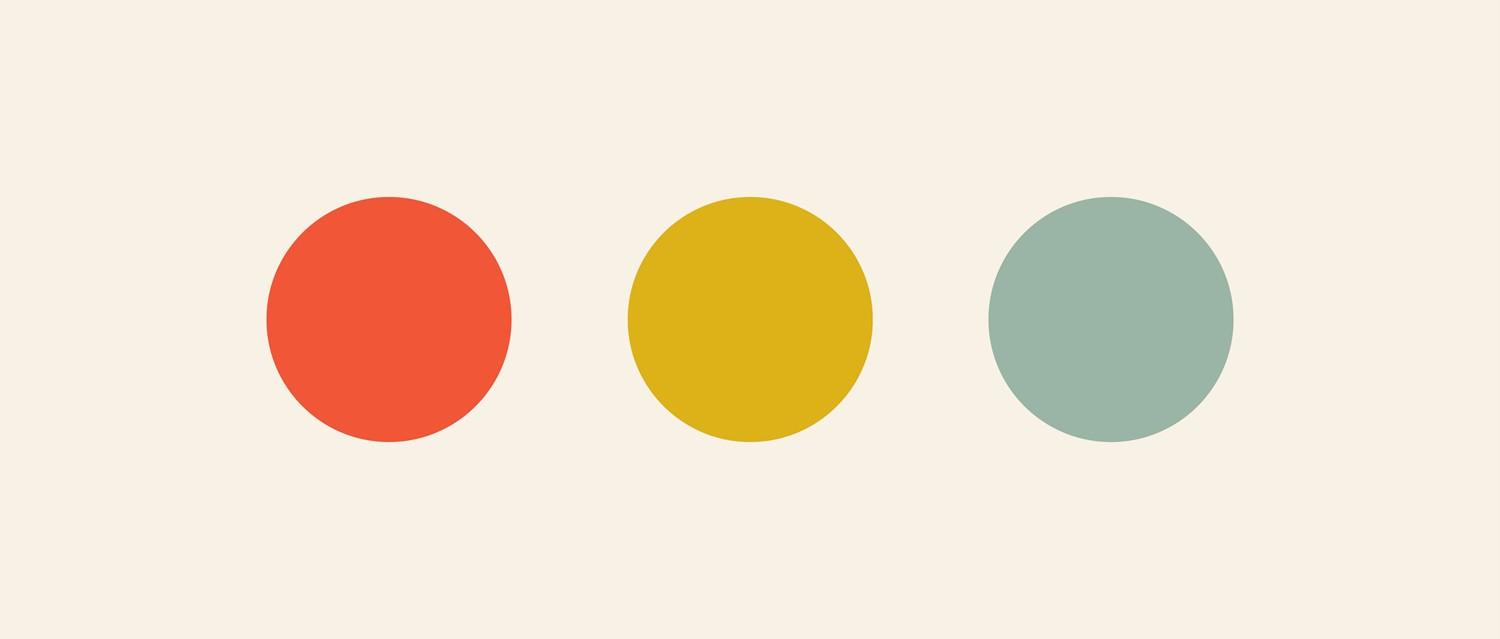
Having an intolerance to lactose means that your digestive system struggles to process foods containing lactose. Our experts take a look at what this could mean for you.
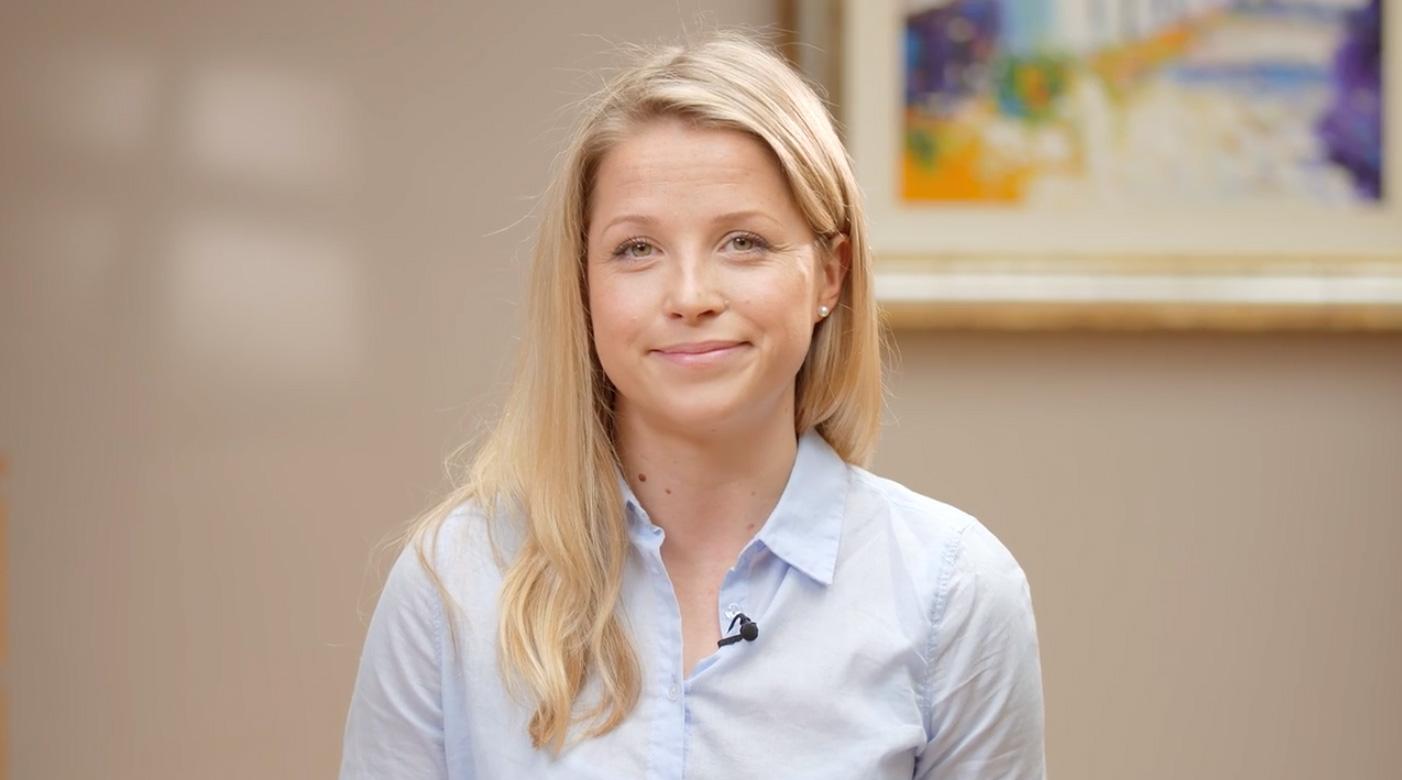
In January 2018, Public Health England (PHE) launched a Change4Life campaign after research found half of children's sugar intake, currently around seven sugar cubes a day, comes from unhealthy snacks and sugary drinks. It encourages parents to 'look for 100-calorie snacks, two a day max' to cut children's sugar intake. But the real question is: should kids and adults be snacking in the first place? And if so, what are the healthiest things to eat between meals?
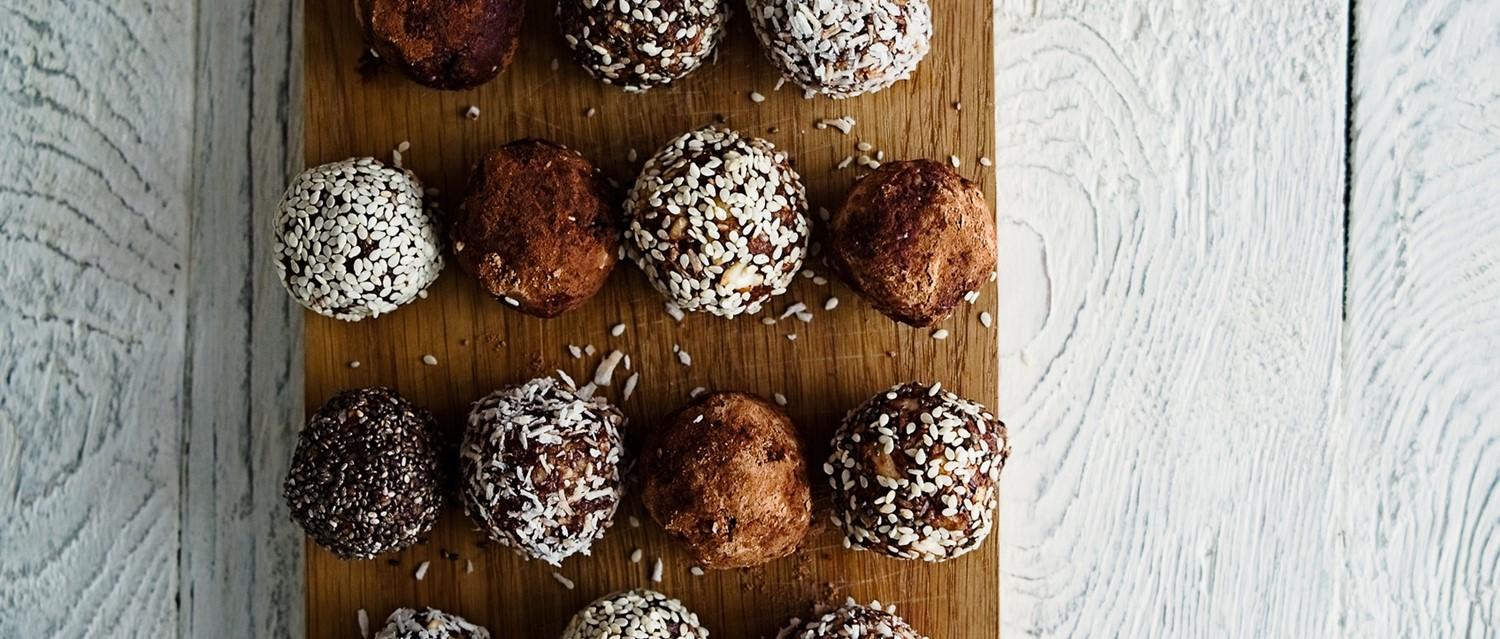
We are no longer faced with limited choice when it comes to meals. Instead, we have copious, readily-available food all year round. Although this is a very privileged situation to be in, it may be that such bounty has led us to eat what we want and not necessarily what our bodies need.
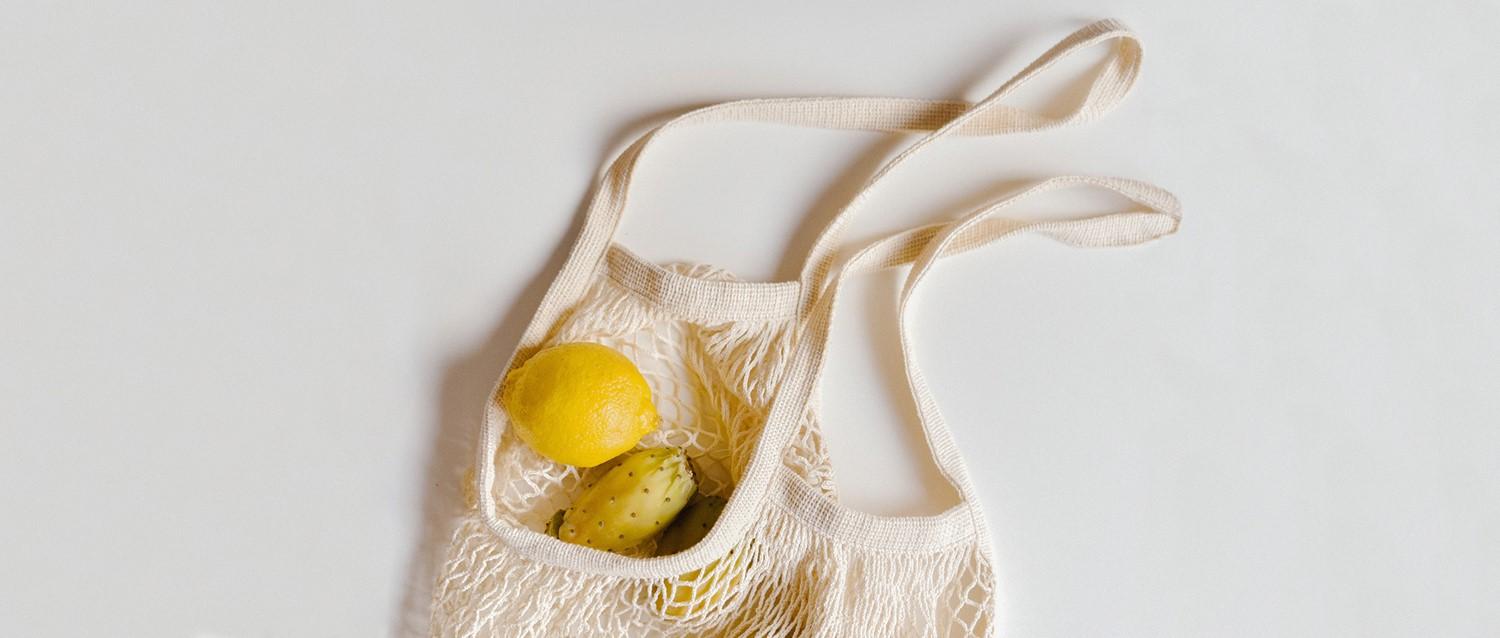
It is the festive time of year again and that means Christmas sandwiches are back on the shelves! So, for those who enjoy a festive lunch but are a little curious as to just how calorific these seasonal sarnies are, we decided to investigate. To do this we looked at six popular lunch stops (EAT, Pret, Waitrose, Sainsbury's, Tesco and M&S) to see which establishment's Christmas baps had the healthiest profile.
